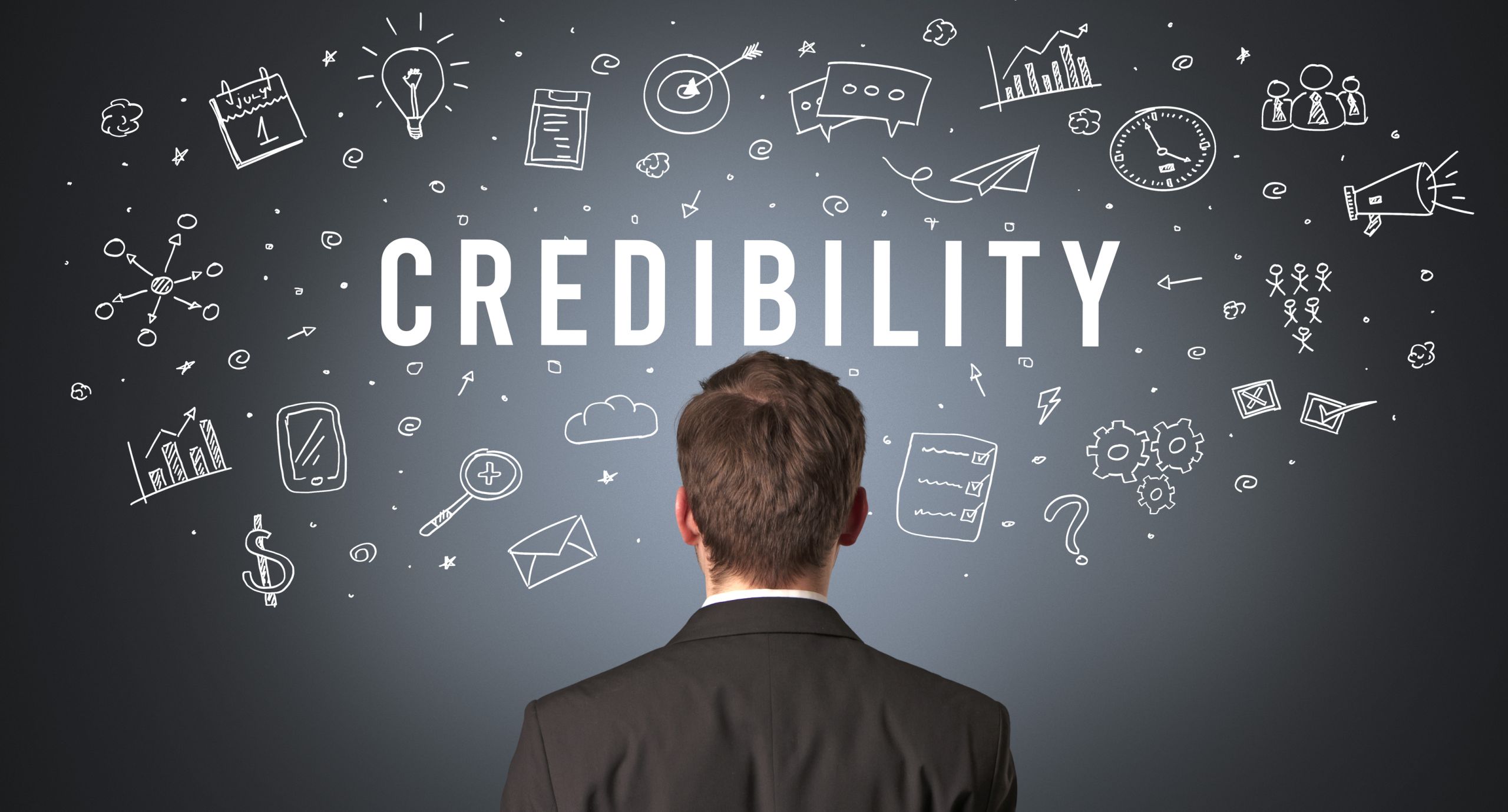🎤 + ARISTOTLE = ETHOS IS AN ABILITY FOR DOING GOOD
 YOUR CREDIBILITY IS THE CORNERSTONE TO YOUR COMMUNICATION
YOUR CREDIBILITY IS THE CORNERSTONE TO YOUR COMMUNICATION
Again, try saying that five times fast.
Credibility is a funny thing, especially nowadays. With the rise of social media influencers, and the amplification of personal stories, it is easy to get confused as to who is a reliable source of information.
That’s because a lot of us are suffering from the Dunning-Kruger effect.
HERE’S WHY IT MATTERS:
The Dunning-Kruger effect is a cognitive bias that impacts perceptions of credibility and expertise. People with limited knowledge or skill in a particular area often overestimate their own abilities, mistakenly believing they are more competent than they actually are. This inflated self-assessment can lead to misplaced credibility, as these individuals present themselves as experts when they are not. Conversely, highly skilled individuals may underestimate their expertise, leading to a credibility gap where true expertise may be undervalued or overlooked.
In other words, the Dunning-Kruger effect is basically when people think they’re way smarter or more skilled at something than they actually are.
It’s like when someone acts like they’re an expert but really doesn’t know what they’re talking about.
On the flip side, the real pros often don’t give themselves enough credit.
So, you’ve got folks who aren’t experts acting like they are, and the real experts not getting the recognition they deserve.
It’s a mess when it comes to figuring out who’s actually credible.
🎤 MIC CHECK: THE THREE COMPONENTS OF CREDIBILITY
There are three components to credibility:
1. CREDIBILITY IS TRUST
Trust is a foundational element of credibility. The principle aligns with ancient rhetorical tools of logos (logic), pathos (emotion), and ethos (credibility). Trust is not merely a factor in sales; it is essential in all forms of communication. While perfection is not a requirement for trust, integrity is. Consistency in character, both on and off stage, is vital for your message to resonate with your audience. A lack of integrity undermines trust and, by extension, credibility.
2. CREDIBILITY IS EXPERTISE
Expertise refers to comprehensive knowledge or skill in a specific subject or field, acquired through formal education, experience, or training. It encompasses not only factual knowledge but also the practical application of that knowledge and the proficiency to execute tasks effectively. Expertise is often the result of years of practice and is indicative of one’s ability to solve complex problems, make informed decisions, and produce high-quality work. It is crucial to differentiate expertise from experience when establishing credibility.
3. CREDIBILITY IS EXPERIENCE
Experience pertains to the practical knowledge gained through direct involvement or exposure to a particular subject or field. While experience provides valuable insights, it should not be conflated with expertise. For example, undergoing therapy for my ADHD may offer me personal insights but does not qualify me as an expert in neurodiversity. Experience enriches your narrative but should not be the sole basis for claiming authority on a subject.
NOTE TO SPEAKERS: Your experience does not give you expertise. As Stan Lee said: “‘Nuff Said.”
Keep speaking up your story,

ENCORE: MORE TO EXPLORE

HOW TO ESTABLISH CREDIBILITY: EXPERIENCE VS EXPERTISE
Building credibility as a speaker is as crucial as your delivery on stage. This video explores essential strategies for establishing trust and authority in your speaking career. Click on the button below to learn more!

THEN THERE WAS THE TIME I WAS TRICKED INTO A SPEAKING PROGRAM…
Lured by the promise of a lucrative speaking career, I remember the pitfalls of investing in a speaking program that offered grandiose but ultimately empty promises. This experience emphasizes the importance of building credibility in the speaking industry through genuine expertise and proven strategies, rather than falling for quick fixes.


